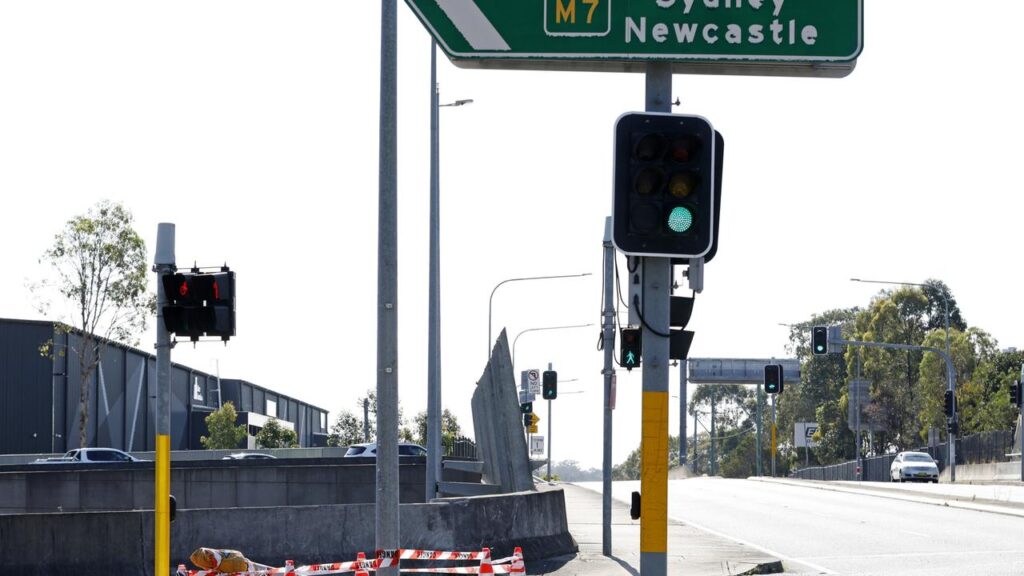Huge $1bn move to fight ‘significant’ flu strain
Written by admin on September 8, 2024
Just how ready is Australia to respond to an outbreak of the potentially deadly bird flu?
That’s a question the federal government will seek to answer during a major national exercise to scrutinise the country’s biosecurity measures.
Stakeholders from government, agriculture, environment, health, emergency management and poultry producers are set to meet on Sunday to gauge how well placed the country is to respond to an outbreak of the H5N1 strain of avian influenza.
H5N1 is one of the most well-known strains of bird flu, having first been detected in Hong Kong in 1997 before it spread rapidly across Asia, the Americas, Europe and Africa.
The strain is highly contagious and has been transmitted through bird species and some mammals. Like other strains of the bird flu, it can cause serious illness and death to humans.
To date, Australia is the only continent to have not detected H5N1. The government says it poses “significant risks” should it make its way to our shores.
“Australia remains the only continent free of this H5N1 HPAI strain, and our government will continue to focus on ensuring Australia is prepared for any future detection,” agriculture minister Julie Collins said.
“We have recently invested an extra $7m to focus on the threats posed by this strain of avian influenza, and more than $1b in new biosecurity funding overall has been invested by our government.
“The situation remains dynamic and we are committed to provide an agile intergovernmental, industry and community response to protect Australian industry, trade and wildlife.”
According to the World Health Organisation, 882 cases of H5N1 infections in humans have been detected globally, with 461 fatalities since 2003.
Sunday’s national response test for the bird flu will be the third leg of Exercise Volare, a series of discussions, exercises and activities designed to measure the country’s preparedness to respond to an outbreak.
Previous exercises have challenged the capacity of the Commonwealth, state and territory government responses as part of the Albanese government’s $1bn investment in biosecurity.







